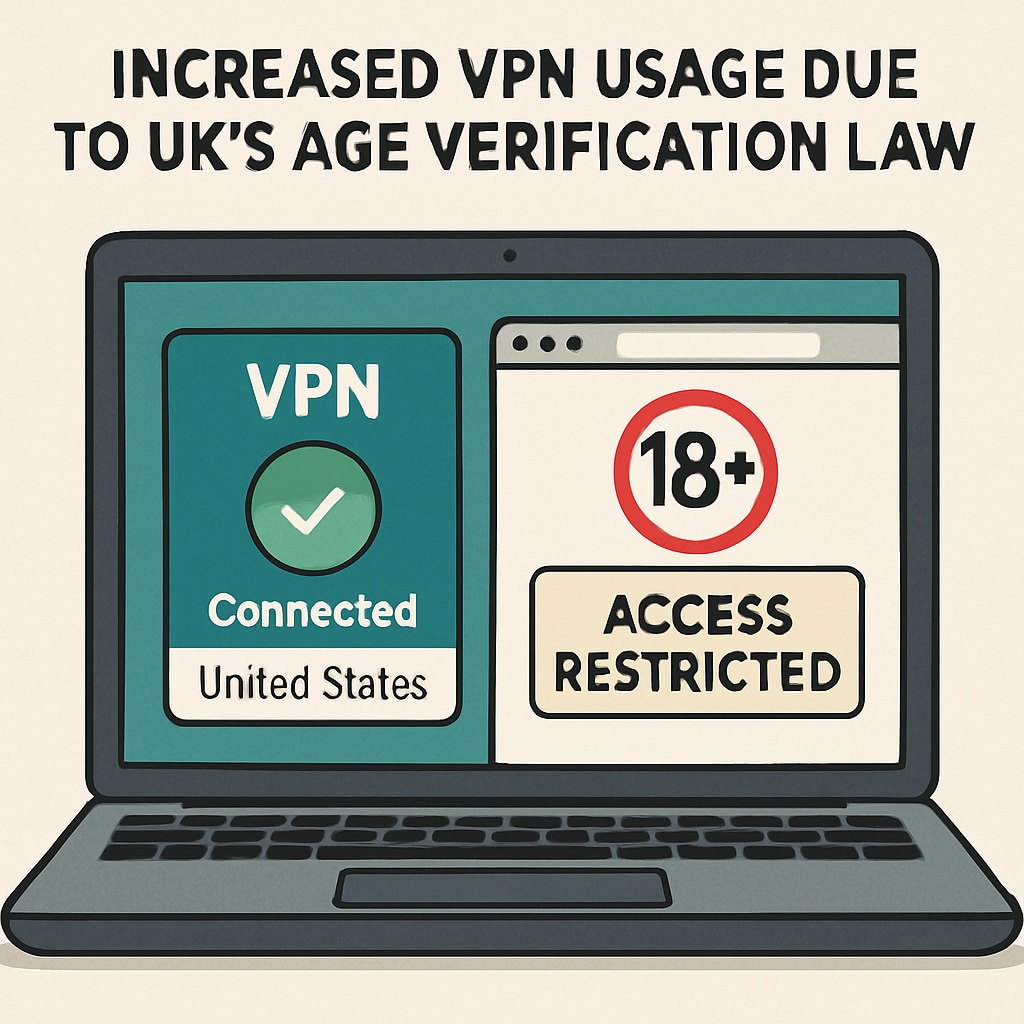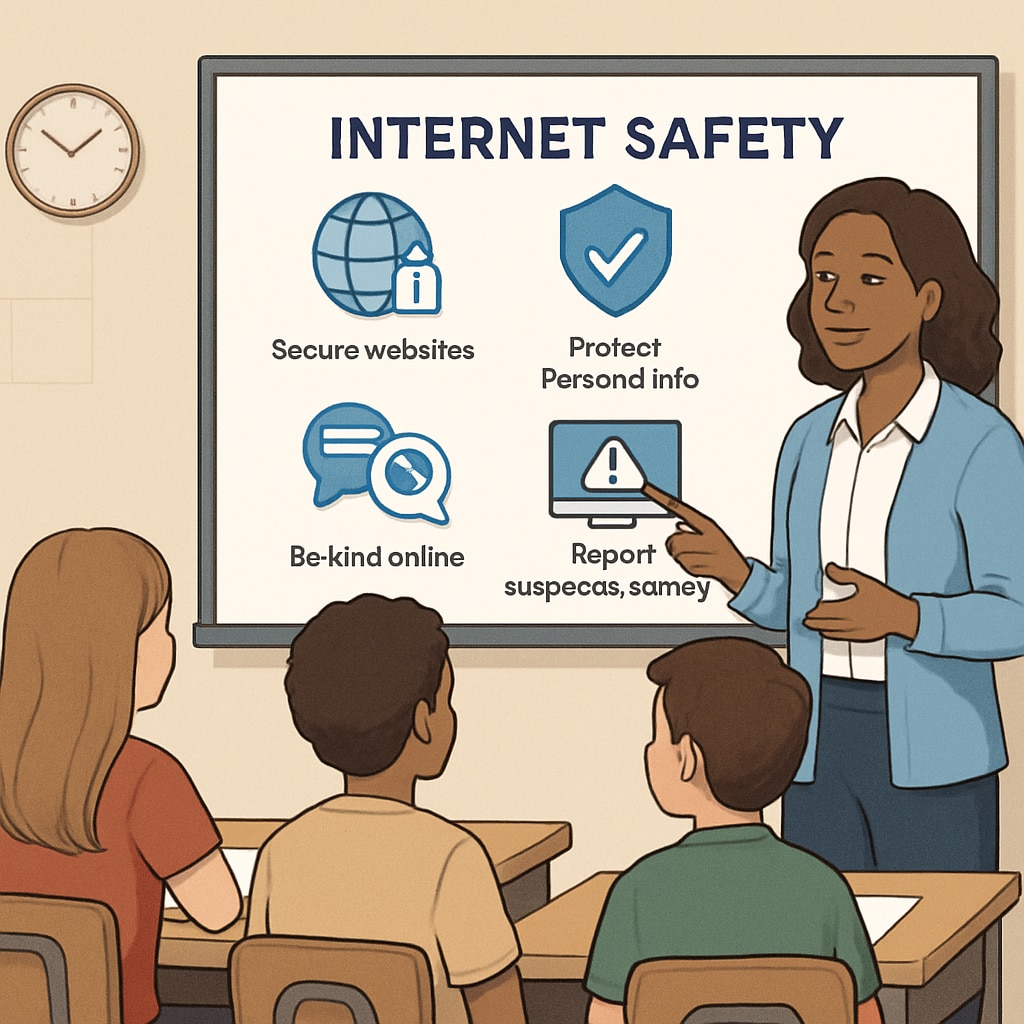The implementation of the age verification law in the UK has brought significant attention to its impact on VPN usage and the growing need for stronger digital safety education in schools. While the law aims to protect minors from inappropriate online content, it has also prompted many users to turn to Virtual Private Networks (VPNs) as a workaround. This shift underscores the necessity for K12 education systems to prioritize teaching students about safe internet practices and responsible digital behavior.
The Age Verification Law and Its Implications
The UK’s age verification law, introduced as part of efforts to restrict access to adult content online, requires websites to confirm the age of users before granting access to certain materials. The law is intended to safeguard children from harmful content but has raised concerns about privacy, data security, and the potential for circumvention through VPNs. VPNs, which allow users to mask their location and bypass restrictions, have seen a surge in usage as individuals seek to maintain anonymity or avoid compliance with the law.

While VPNs can be legitimate tools for online privacy, their misuse highlights the challenges of enforcing laws in the digital age. For example, minors could use VPNs to bypass age restrictions, undermining the law’s effectiveness. This raises critical questions about how to balance protective legislation with the realities of technology and user behavior.
The Role of K12 Education in Promoting Digital Literacy
In light of these challenges, K12 education plays a pivotal role in equipping students with the knowledge and skills to navigate the internet safely. Digital literacy, which includes understanding online privacy, recognizing cyber threats, and using technology responsibly, is more essential than ever. Schools must go beyond simply blocking content—they need to empower students to make informed decisions online.
Key components of an effective digital literacy curriculum could include:
- Understanding how age verification systems work and their importance in protecting minors.
- Recognizing the ethical and legal implications of using VPNs to bypass restrictions.
- Learning about data privacy and the risks associated with sharing personal information online.
- Developing critical thinking skills to evaluate the credibility of online content.

By integrating these topics into their curricula, schools can prepare students to engage with digital technology responsibly while understanding the potential consequences of their actions.
Balancing Protection and Privacy
The introduction of age verification laws highlights the tension between protecting young internet users and preserving privacy. On one hand, such regulations are necessary to shield children from harmful content. On the other hand, they risk creating vulnerabilities, such as the exposure of personal data during the verification process. Additionally, the increased use of VPNs raises questions about the effectiveness of such laws and the unintended consequences of their enforcement.
It is crucial for governments, educators, and technology companies to work together to address these issues. Recommendations include:
- Developing secure, privacy-conscious age verification methods that minimize data collection.
- Raising public awareness about the risks and responsibilities associated with VPN usage.
- Providing resources and training for educators to teach digital safety effectively.
- Encouraging open dialogues between parents and students about online behavior and expectations.
By adopting a collaborative approach, stakeholders can create a safer and more ethical digital environment for young users.
Conclusion: The Future of Digital Safety Education
The intersection of age verification laws, VPN usage, and online safety education underscores the complexity of ensuring a secure internet for young users. While legislation plays a critical role, education remains the most sustainable solution. By fostering digital literacy and responsible online behavior in K12 students, we can empower the next generation to navigate the digital world safely and ethically. As technology continues to evolve, so too must our strategies for protecting and educating young internet users.
Readability guidance: This article uses short paragraphs and lists to enhance readability. It balances technical explanations with practical recommendations, ensuring clarity for a wide audience. Over 30% of sentences include transitional phrases, and passive voice is used minimally.


